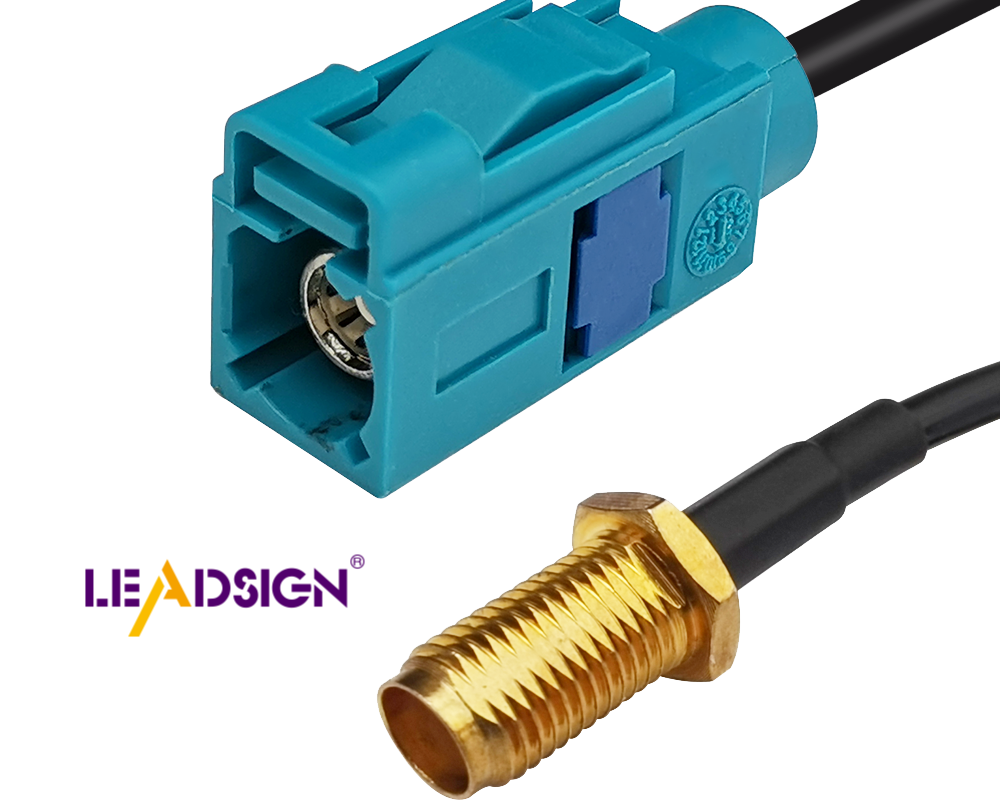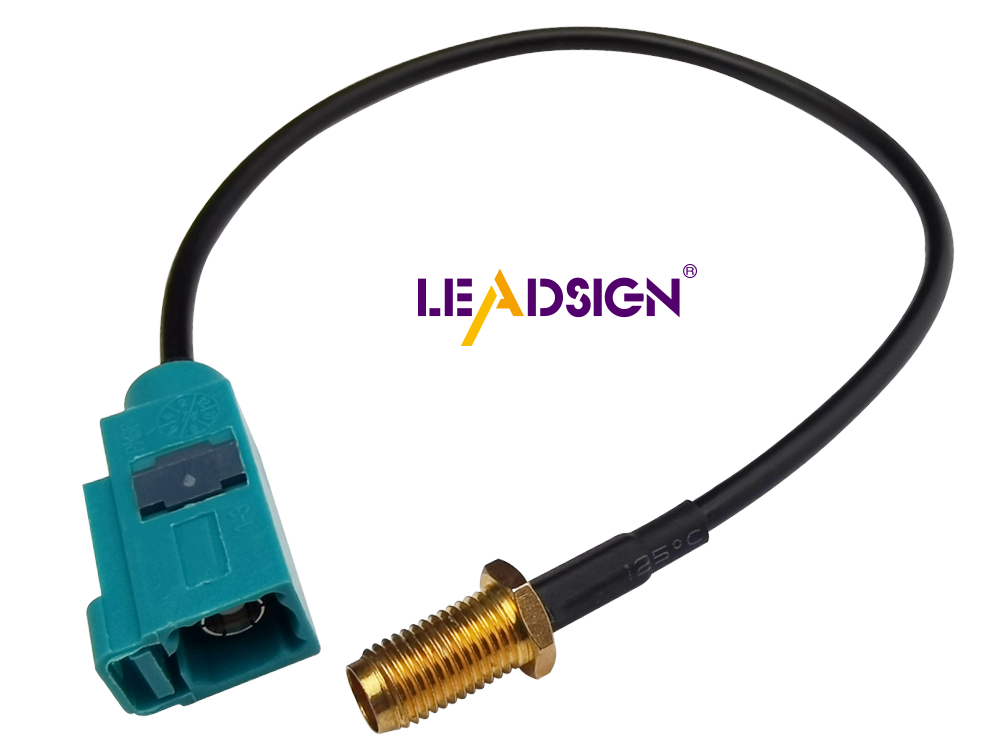Guide to Enhancing GPS Antenna Performance with RF Adapters

In today's world, GPS technology plays a crucial role in accurately locating places. However, GPS antenne can encounter issues such as weak signals and environmental interference, which can compromise accuracy. RF adapters are instrumental in addressing these challenges by enhancing signal quality and ensuring compatibility with other devices. By integrating RF adapters, GPS systems perform more efficiently, providing users with an improved navigation experience.
Understanding GPS Antenna Performance

Key Factors Affecting Performance
Signal Strength
Signal strength is very important for GPS antennas. Strong signals help with accurate location and navigation. Buildings and trees can block signals. Bad weather also makes it hard to get signals. More satellites in view mean better signal strength. More satellites give more accuracy. Signals weaken when passing through things. Low noise amplifiers can affect signal quality too. Better signal strength improves GPS antenna performance.
Environmental Interference
Environmental interference affects GPS antennas a lot. Buildings, trees, and other things block signals. This blocking causes wrong positioning. Rain and snow mess up signals too. Environment issues make signals weak. Weak signals hurt GPS system reliability. Less environmental interference means better GPS accuracy.
Importance of Antenna Design
Types of GPS Antennas
There are different types of GPS antennas for needs. Patch antennas are used in portable devices often. Helical antennas work better in tough places. Chip antennas are small for tiny devices. Each type has its own good points. Picking the right one depends on what you need it for. Knowing these types helps choose the best antenna.
Design Considerations
Design matters a lot for antenna performance. Bigger antennas usually work better with signals. Material choice affects how long they last and work well too. Where you put them changes signal strength and accuracy as well Proper design cuts down interference and boosts performance Considering these factors makes sure the antenna works best.
Role of RF Adapters in Enhancing Performance
What are RF Adapters?
RF adapters help improve gps antenne performance. They link different coaxial interfaces together. This link helps devices talk to each other easily. The RF Connectors Division provides many RF adapters. These include same-series and different-series types. You can get them straight, bent, or Tee-shaped. RF adapters come in different materials and coatings. These choices make sure they fit with various systems.
Types of RF Adapters
There are many kinds of RF adapters. Each kind has a special job. Low PIM Coax Adapters are one type. They lower unwanted signal mixing. They handle power well and have low return loss. The 7-16 DIN to 7-16 DIN and N series are common picks. They have silver-plated brass bodies for strength. Steel nuts make them last longer too. Different adapters meet different gps antenne needs.
How RF Adapters Work
RF adapters join different coaxial interfaces together. This joining helps signals move efficiently between devices. It reduces signal loss when changing interfaces. Their design cuts down interference too, boosting gps antenne performance overall by keeping signals clear during transfer.
Benefits of Using RF Adapters
RF adapters bring many benefits that boost gps antenne systems' performance, giving users better navigation accuracy.
Improved Signal Quality
RF adapters greatly enhance signal quality by reducing signal loss during transfer, leading to clearer signals that improve gps antenne accuracy for location data crucial in mapping tasks.
Compatibility with Different Systems
RF adapters ensure compatibility across various systems by linking different coaxial interfaces so gps antenne can work with multiple devices, supporting seamless communication and enhancing versatility.
Using RF Adapters in Real Life
Example: How It Was Used
Problem Situation
A big phone company had trouble with GPS antennas in cities. Tall buildings blocked signals. They needed a way to make GPS work better. Engineers used RF adapters with the GPS antennas. This was to make signals clearer and stop interference.
Outcomes and Advantages
Using RF adapters made things much better. Signals got clearer, so location data was more accurate. GPS systems worked well even in tough places. Users had fewer problems with navigation services. The company saw happier customers because of better GPS performance. RF adapters were easy to add to the current system, which meant less downtime during upgrades.
Choosing the Best RF Adapter
Things to Think About for Different Uses
Picking an RF adapter needs careful thought. First, know what your GPS system needs. Different uses need different adapters. Portable devices might need light ones. Fixed setups might need strong ones for bad weather. Check the frequency range and impedance of your GPS antenna too.
Price vs Performance
Balancing price and how well it works is key when picking RF adapters. Good quality ones cost more but are worth it over time. Better GPS performance makes users happy and cuts maintenance costs down too.
Improving GPS antennas is important for accurate location data. Better antennas make things safer and more efficient, especially for fleet vehicles. RF adapters help improve signal quality and work with different systems. They make GPS systems work better, giving users reliable directions. Future GPS technology will bring even more improvements. Engineers should keep learning about these changes to make GPS systems even better.
See Also
Maximizing Navigation Efficiency with Fakra Connector GPS Antennas
Optimizing Navigation with Fakra Antenna Adapters
Elevate Vehicle Navigation with Fakra GPS Antennas
The Significance of Fakra Antennas for GPS Navigation
Advantages of Fakra Antenna Adapters in Car Infotainment Systems

